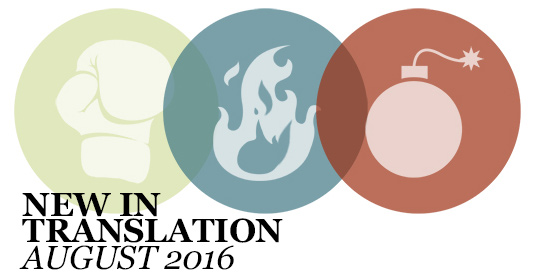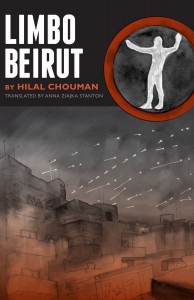Édouard Louis’s debut novel The End of Eddy gives voice to a demographic often excluded from mainstream literature—the elusive “white working class” so frequently cited by politicians and publishers lately—while also telling the story of a young man who is completely rejected by that same group. In this apparent contradiction lies the work’s most remarkable achievement: to illuminate the lives of, and even empower, the narrator’s own antagonists—without forgiving them.
Bear in mind this is a work of autofiction, á la Knausgaard’s My Struggle opus or Sergio del Molino’s Lo que a nadie le importa, completed when the author was just twenty years old. Any editor would expect a manuscript so early in a writer’s life and career to lack “perspective,” to need some “distance,” especially given the drama and violence in this story in particular. Most memoirists don’t like to be too close to the time and people they’re writing about—and I did have to continually remind myself I was not reading a memoir while falling headfirst into Louis’s story. The lumps the character Eddy has taken have certainly not gone down, but that they are still swollen and purple is just what makes the read so engrossing, and makes the strange duality of the characters’ sympathetic and reproachable natures believable.
The book was first published in France in 2013 to great acclaim, making the now 24-year-old something of a literary star. Out this month in the U.S. with Farrar, Straus, and Giroux, and translated by Michael Lucey, the work has begun to receive a lot of attention in English, too. Louis has had his critics, however, particularly regarding the work’s believability—a plight that perhaps inevitably threatens the autofiction writer. There is something inherently uncomfortable about reading such a novel; you can’t settle in and let the story carry you to a made-up place and time, but at the same time you can’t walk away feeling you know something for sure, something you can report to a friend later. One can’t help but want to know after all, is it real or not?



